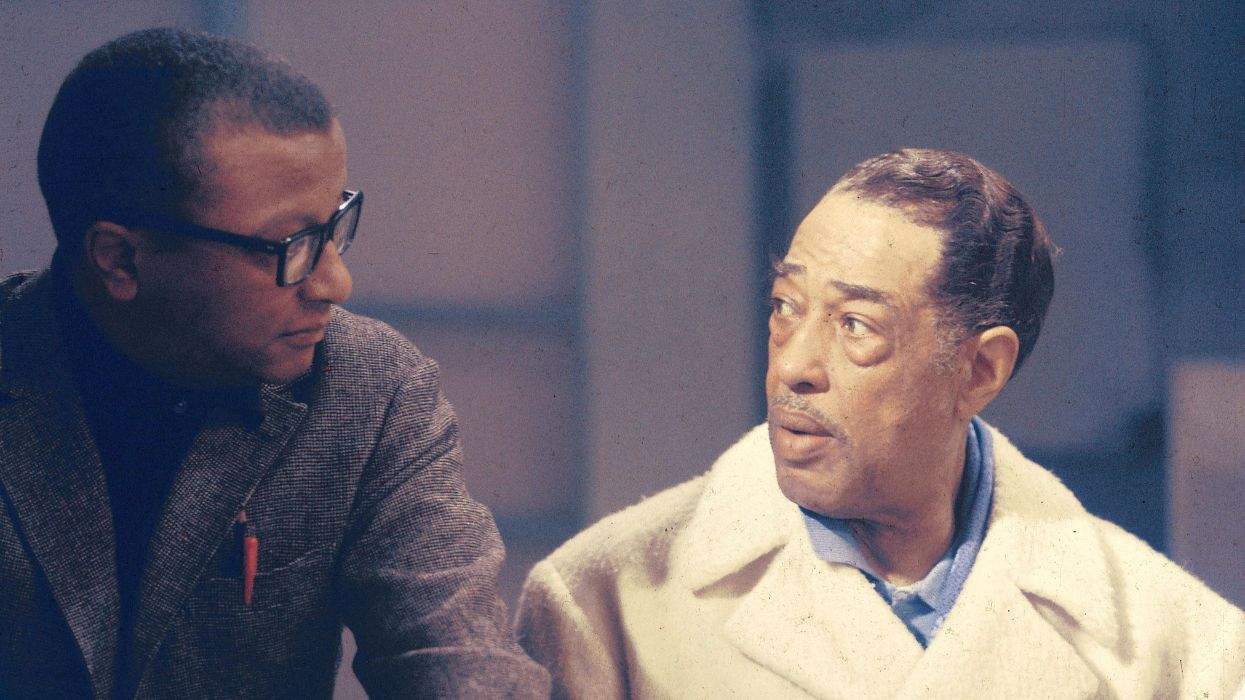Secretary Ben Carson and the Department of Housing and Urban Development should be using this year's 50th anniversary of the Fair Housing Act to reaffirm their commitment to undoing segregation and discrimination in housing. Instead, they're moving in exactly the opposite direction: striking key antidiscrimination language from the agency's mission.
As news outlets reported last week, HUD is proposing to eliminate references to "inclusive" communities and "communities free from discrimination" from its guiding statement. Carson claims that what HUD has now is simply "a bit wordy"and dismisses all of the fuss over the changes as "nonsense." But as any agency leader should know, words matter deeply in establishing priorities. What is included -- and what is censored -- sets the agenda for an administration and directly impacts people's lives.
Unfortunately, HUD had already called into question whether decades of hard-fought housing protections for marginalized communities would continue to be a priority in the Trump era. It kicked off 2018 by delaying an Obama-era rule that conditions federal housing dollars on communities committing to analyze and address racial inequality. HUD has also turned a blind eye to anti-LGBTQ discrimination, having removed online training materials that help ensure shelter access for homeless people who are transgender and pulled out of research on LGBTQ homelessness.
What's happening at HUD is bad enough, but it's only the tip of the iceberg. In President Trump's first 14 months in office, policies and people across government agencies have been censored in order to push an extreme agenda that satisfies right-wing leaders and Trump's base at the expense of the LGBTQ community, people of color, and other targeted groups.
The Department of Justice, for example, has also taken steps to erase or ignore the challenges faced by LGBTQ Americans. The DOJ removed references to victims' sexual orientation and gender identity from grant applications for a mentoring program that assists child victims of sex trafficking. These aren't just throwaway LGBTQ mentions in dusty government documents. Acknowledging LGBTQ people and studying their unique experiences helps direct government resources where they're needed most. As anti-LGBTQ discrimination persists, HUD and DOJ are erasing the particular vulnerabilities facing this community.
Changes at the Department of Education are also putting marginalized groups at risk. The department's new case processing manual downplays systemic investigations, with one civil rights advocate calling it "Whack-a-Mole justice" where you wait and see what problems pop up while failing to remedy their common causes. These revisions are especially troubling given that LGBTQ students and students of color often don't face just one bully or one problem teacher or administrator. Entire school systems are stacked against them. But going forward, the department may tell a much narrower story on school-based discrimination.
At the State Department, the Trump administration's censorship has gone global. Faced with the imminent release of an annual human rights report, authors were told by a senior State Department official to trim passages on reproductive rights and gender- and race-based discrimination. But as Hillary Clinton famously noted, "women's rights are human rights." These areas are critical concerns for human rights advocates here at home in the U.S. and abroad, and writing them out of the agency's reporting could embolden human rights adversaries to regress in their treatment of women and other marginalized communities.
In perhaps the most explicit example of all, multiple agencies have been told outright not to use certain words. Employees at the Centers for Disease Control and Prevention can't use "vulnerable," "entitlement," "diversity," "transgender," "fetus," "evidence-based," and "science-based" in budget documents. How can the CDC carry out its public health mission without investing in "evidence" and "science"? How can it help protect all people from health threats when it can't talk about transgender people? This kind of censorship prioritizes ideology ahead of the government's core duty to serve all people.
The examples are limitless: Climate science censorship at the Environmental Protection Agency. Removal of the phrase "nation of immigrants" from the mission statement of U.S. Citizenship and Immigration Services. The Department of Health and Human Services withholding comments critical of its religious refusals policy. HHS and the State Department talking about "sexual risk avoidance" (a.k.a. abstinence only) instead of comprehensive sexual health. The Trump administration's censorship pattern is clear and getting even clearer every day.
When a new administration comes into the White House, there will always be policy changes. But Trump's pattern is far beyond that expected shift. It's a "fake news" administration willing to ignore the facts and censor the truth to push a radical agenda -- no matter who it harms.
JEN HERRICK is the senior policy analyst at People for the American Way.















Charlie Kirk DID say stoning gay people was the 'perfect law' — and these other heinous quotes
These are some of his worst comments about LGBTQ+ people made by Charlie Kirk.